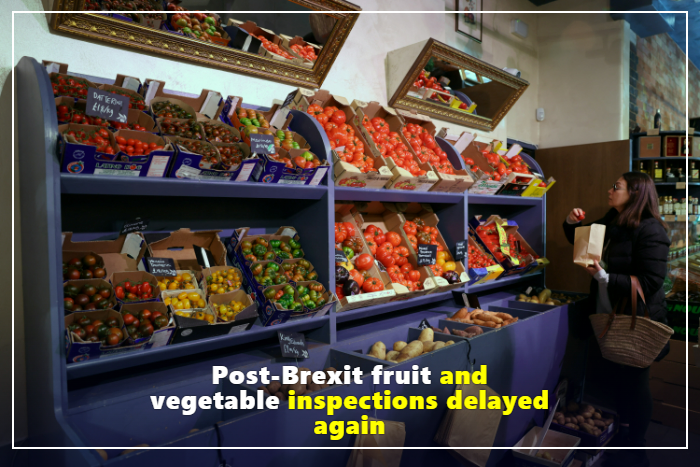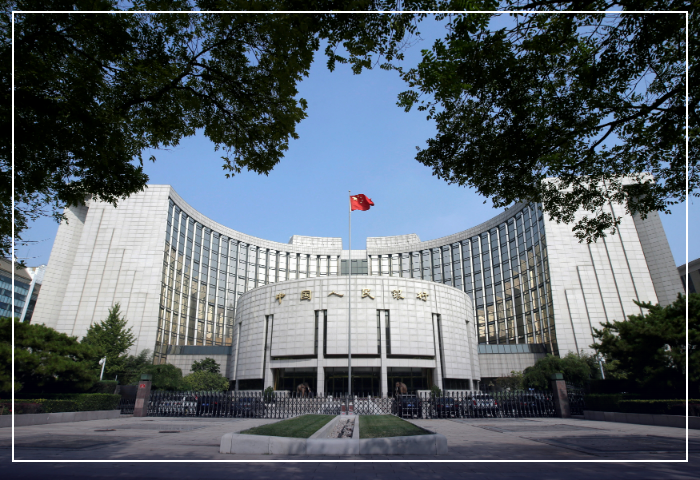Askume, London, September 13 – The UK Department for Environment, Food and Rural Affairs (Defra) said on the 13th that the UK will extend the period of physical inspection of so-called “medium risk” fruit and vegetables imported from the European Union by six months.
Britain voted to leave the EU in 2016, but the work of untangling supply chains and setting up customs borders was so difficult that new rules were only implemented this year.
The first stage of the UK’s new border model, which requires additional certification, will come into force on January 31. The second stage began on April 30 with physical inspections of products such as chilled and frozen meat, fish, cheese, eggs, dairy products and some cut flowers and seeds.
However, the physical inspection of fruits and vegetables has been postponed several times and has now been extended from January 2025 to July 1, 2025.
Defra said: “Until then, such products will not be subject to import checks at the UK border and will not be subject to the relevant duties.”
“This easing is a temporary measure to ensure that the incoming (Labor government) minister has a full opportunity to review the planned border controls and to ensure that businesses in the import supply chain have the opportunity to express their views,” the statement said.
The new inspections will cost the fruit and vegetable industry an extra £200 million ($263 million), according to industry group Fresh Produce Alliance, which has warned consumers about rising prices.
Defra also said that seven product categories, including apples and pears, would be reclassified from “medium risk” to “low risk”, allowing these goods to be freely transported from the EU to the UK from January 30, 2025, subject to authorisation.
($1 = 0.7609 British pounds)









